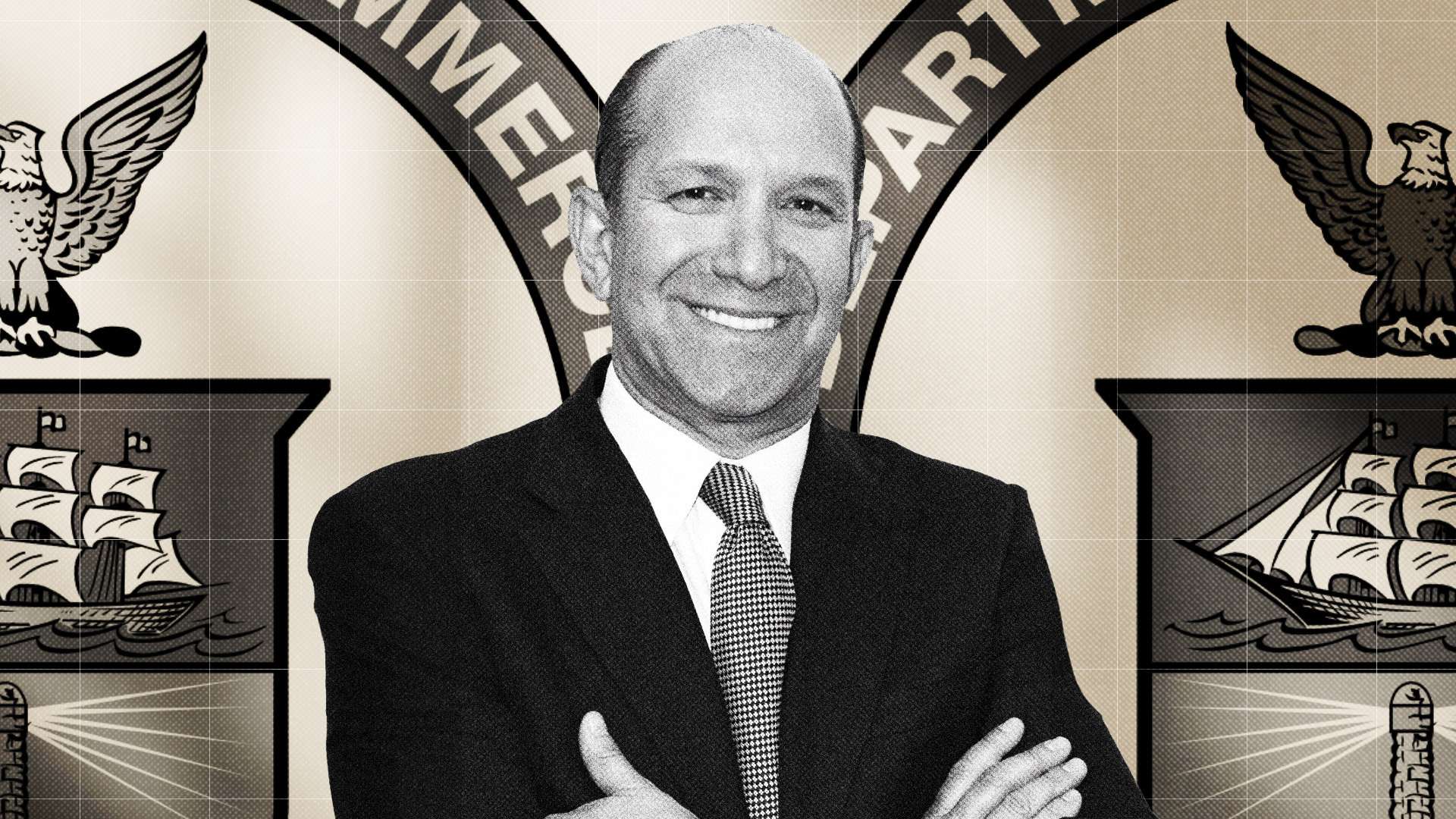Eliminate the Commerce Department
President-elect Donald Trump has nominated financier Howard Lutnick as the next secretary of the Department of Commerce. This appointment is noteworthy not only due to Lutnick’s close ties to Wall Street but also because he has played a significant role in Trump’s transition efforts. Trump has indicated that Lutnick will spearhead the administration’s Tariff and Trade agenda. Lutnick has publicly defended Trump’s inclination to impose tariffs, articulating a viewpoint that favors tariffs on American-manufactured goods while advocating for fewer tariffs on imports. This contradicts the fundamental mission of the Commerce Department, which is ostensibly to facilitate commerce, a process that occurs naturally and independently of government intervention.
The Department of Commerce’s function appears disjointed and often convoluted, comprising a variety of agencies and programs that do not effectively contribute to the facilitation of trade. The argument can be made that if the Commerce Department were to be disbanded, commerce in America would likely proceed uninterrupted. Historically, the Department has been criticized for justifying trade barriers like tariffs through questionable economic studies, such as those that labeled steel and aluminum imports as national security threats. Critics argue that what America truly needs are fewer bureaucratic measures that hinder commerce, rather than a government body that complicates free-market transactions.
One might assume that a primary duty of the Commerce Department would be to protect the rights of Americans in business dealings. However, this responsibility belongs mainly to entities such as the Department of Justice and the Federal Trade Commission. The Commerce Department’s stated mission focuses on enhancing the nation’s economic competitiveness, yet this goal has been called into question when juxtaposed against current policies that advocate for higher business taxes. The vagueness of the department’s strategic goals raises the question of whether its existence ensures significant economic progress or simply perpetuates bureaucratic inefficiencies.
Lutnick may potentially reassess or abandon much of the department’s current rhetoric. However, some argue that the entire structure of the Commerce Department warrants reevaluation. There are two components within the department that could be salvaged: the Census Bureau and the National Oceanic and Atmospheric Administration (NOAA). The Census Bureau is constitutionally mandated to conduct a decennial count of the American population but could operate more effectively as an independent agency. Similarly, the NOAA, while crucial in forecasting weather and studying oceanic phenomena, could dramatically scale back its operations and allow the private sector to fulfill many of its functions.
Interestingly, President Barack Obama previously called for a reeorganization of the Commerce Department to streamline its focus on trade policy. Such a reorganization could provide a pragmatic solution amid political disagreements, allowing Trump and Lutnick to trim unnecessary components while continuing their chosen trade agenda. Lutnick’s appointment appears to be the result of internal political maneuvering, as he found himself in contention for the Treasury Secretary position with parties advocating for differing economic strategies. As a result, his placement at the Commerce Department may strike some as a secondary choice rather than a primary role, leading to further questions about the department’s overall purpose and efficacy.
Ultimately, critics argue that the Commerce Department is fundamentally flawed and may be better off eliminated entirely. While Lutnick’s selection might signify a momentary direction for Trump’s tariff policy, the institution of the Commerce Department faces the larger issue of relevance in a rapidly changing economic landscape. A thorough reassessment of its roles could pave the way for a more efficient government structure focused on genuinely enhancing America’s economic landscape rather than complicating it with unnecessary regulations. The debate on the Commerce Department’s future represents a broader discussion about the intersection of government and commerce in the United States and the extent to which government should intervene in the free market.
Share this content:












Post Comment